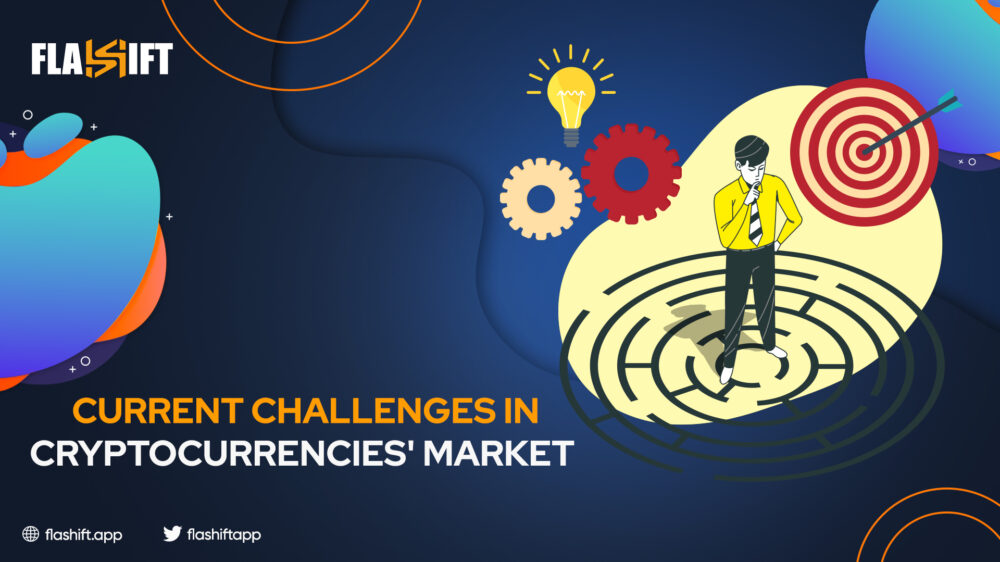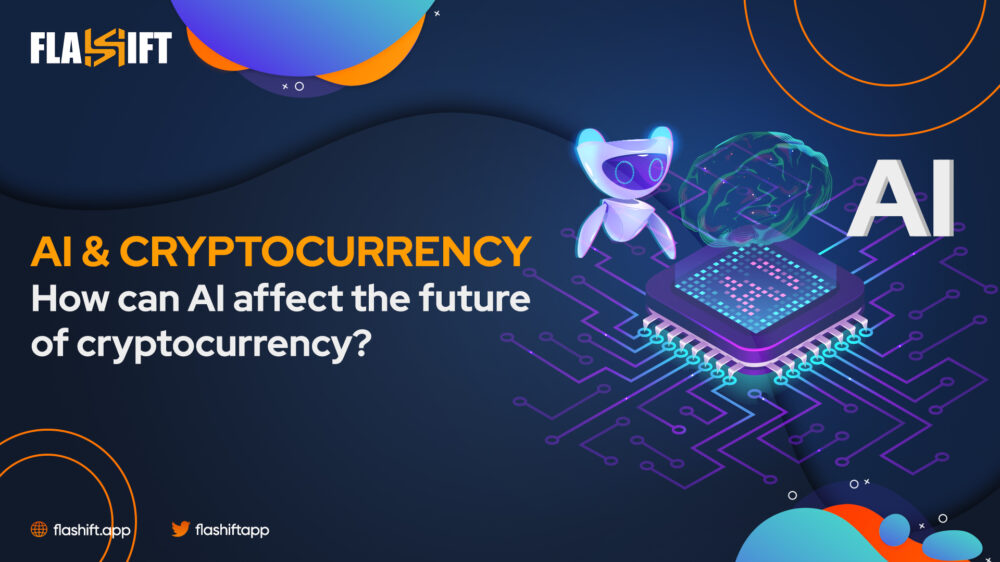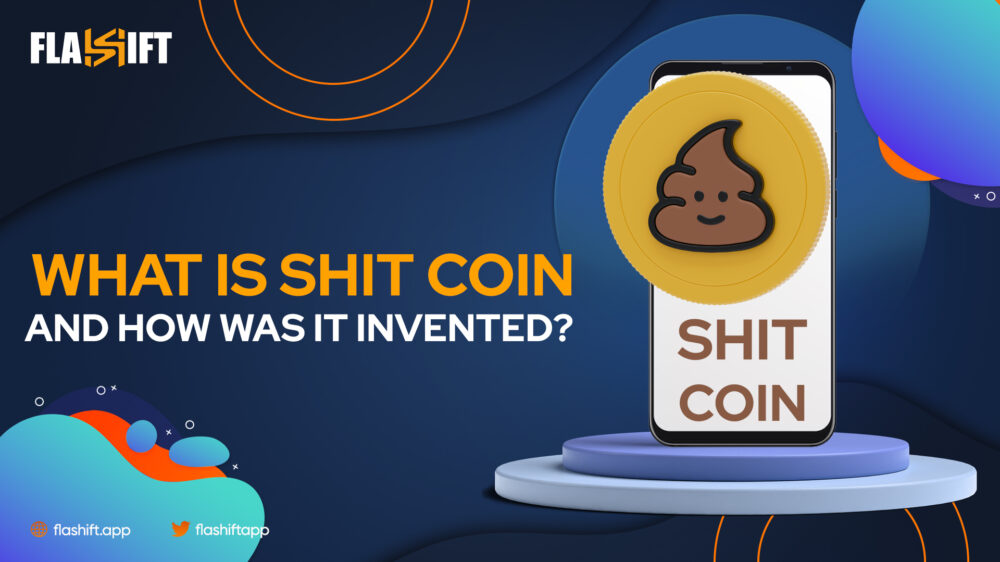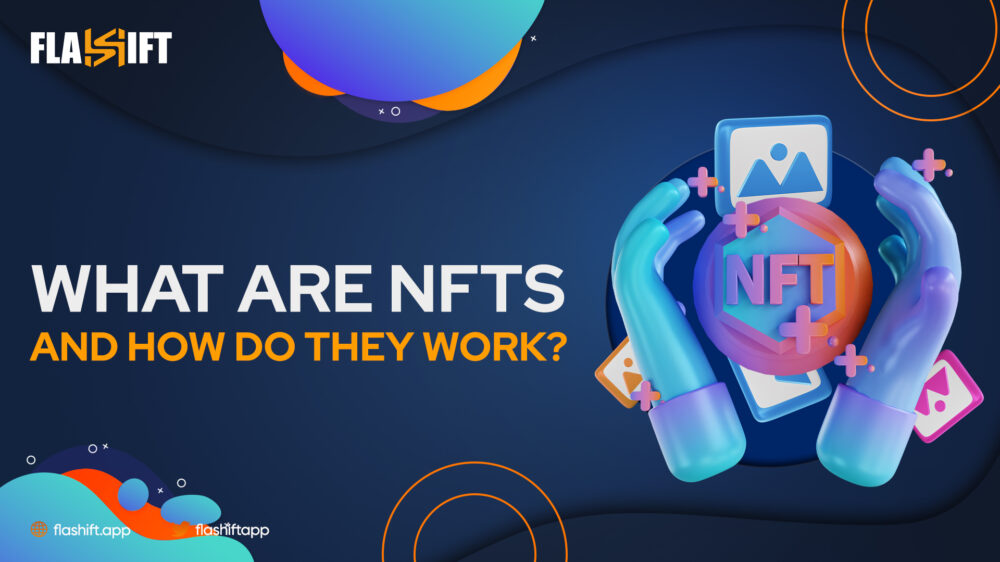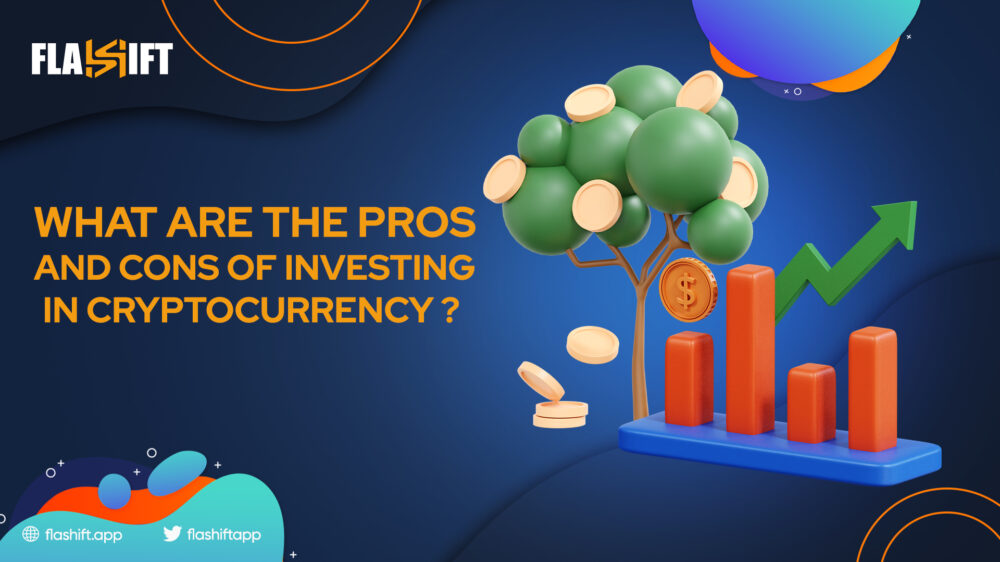Uncertainty about cryptocurrency As an increasing number of individuals come to recognize and appreciate the manifold benefits associated with cryptocurrency, and consequently begin to adopt these digital assets as a viable medium of payment, there is a concomitant potential for an enhancement in the overall confidence and trust in digital currencies. This shift towards greater acceptance could significantly bolster the credibility and mainstream integration of cryptocurrencies within various economic and financial systems. To facilitate this…
AI and Cryptocurrency | AI Coin represent a specialized cryptocurrency engineered to facilitate and energize blockchain networks dedicated to artificial intelligence, such as The Graph and SingularityNET. This digital asset serves as a critical utility token within these ecosystems, enabling users to engage with and leverage the advanced AI technologies embedded within these platforms. In practical terms, users are required to expend AI Coin to gain access to the comprehensive array of services and functionalities…
Not every coin is built with purpose or value. While Bitcoin and Ethereum dominate headlines, a different class of tokens, often dubbed “shitcoins”, quietly flood the market, luring investors with hype and unrealistic promises. But what exactly is a shitcoin, and why should you be cautious before putting your money into one? What is a Shitcoin? A “shitcoin” is a category of cryptocurrency characterized by minimal to nonexistent intrinsic value and lack of any immediate,…
What Exactly Was eCash? eCash was a groundbreaking digital platform designed to facilitate the untraceable transmission of payments, safeguarding the anonymity of users engaging in microtransactions over the internet. Launched in 1990 by Dr. David Chaum under his company DigiCash, which was founded the previous year, eCash positioned itself as an innovator in the burgeoning field of cryptocurrency. Despite initial interest from major financial institutions, eCash (XEC) struggled to gain widespread adoption. This lack of…
Non-fungible tokens (NFTs) are unique digital tokens stored on a blockchain, most commonly Ethereum. They act as immutable certificates of ownership for digital assets like art, music, virtual land, and more by referencing unique metadata. Unlike cryptocurrencies (e.g., Bitcoin), each NFT is distinct and irreplaceable. In this updated 2025 guide, Flashift will explain how NFTs work under the hood from ERC‑721 and ERC‑1155 standards to metadata and minting processes. We also explore emerging trends such…
Climate change has unequivocally emerged as one of the most significant and pressing challenges confronting the global community today. This issue has catalyzed a widespread imperative for businesses across various sectors to embrace and integrate sustainable and eco-friendly practices into their operational frameworks. The cryptocurrency industry is no exception to this broader trend. In recent years, the cryptocurrency sector has witnessed a burgeoning array of environmentally conscious initiatives designed to mitigate energy consumption and positively…
The IRS (Internal Revenue Service) incorporates cryptocurrency within its tax framework, delineating that income and capital gains derived from cryptocurrency transactions are subject to taxation. This regulatory stance underscores that while profits and earnings in the crypto realm face tax obligations, certain liabilities associated with cryptocurrencies may enjoy a tax-free status, reflecting a nuanced approach to digital asset taxation. Please keep in mind that all information mentioned in this article are based on laws of…
Timing is everything when investing in cryptocurrencies, for their nature is highly volatile. Understanding the best time of investment will considerably affect your return, since the market is prone to constant price changes depending on factors such as sentiment, regulation news, technological advancements, and global economic trends. Investors should understand the ups and downs of the market, its history, and any external influences that might indicate the right time to invest. These dynamics coupled with…
Scammers continually seek innovative methods to exploit financial systems, and the rapid expansion of cryptocurrencies has presented numerous opportunities for fraud. In 2021, cryptocurrency-related crimes reached unprecedented levels, with scammers absconding with $14 billion in digital assets. As an investor considering participation in the cryptocurrency market, it is imperative to be aware of these potential risks. Vigilance and informed decision-making are essential to navigating this dynamic landscape and safeguarding your investments against fraudulent activities. Frauds…
Introduction to Investing In Cryptocurrencies Investing has always been an important subject to discuss and when it comes to cryptocurrency investing, it’s even more important. A cryptocurrency is a sort of virtual or digital currency which is encrypted, making it nearly impossible to fake or double-spend. A lot of cryptocurrencies feature decentralized systems built on the blockchain system, which is a distributed database maintained by a collection of computers. Custodial vs non-custodial crypto wallets The…


